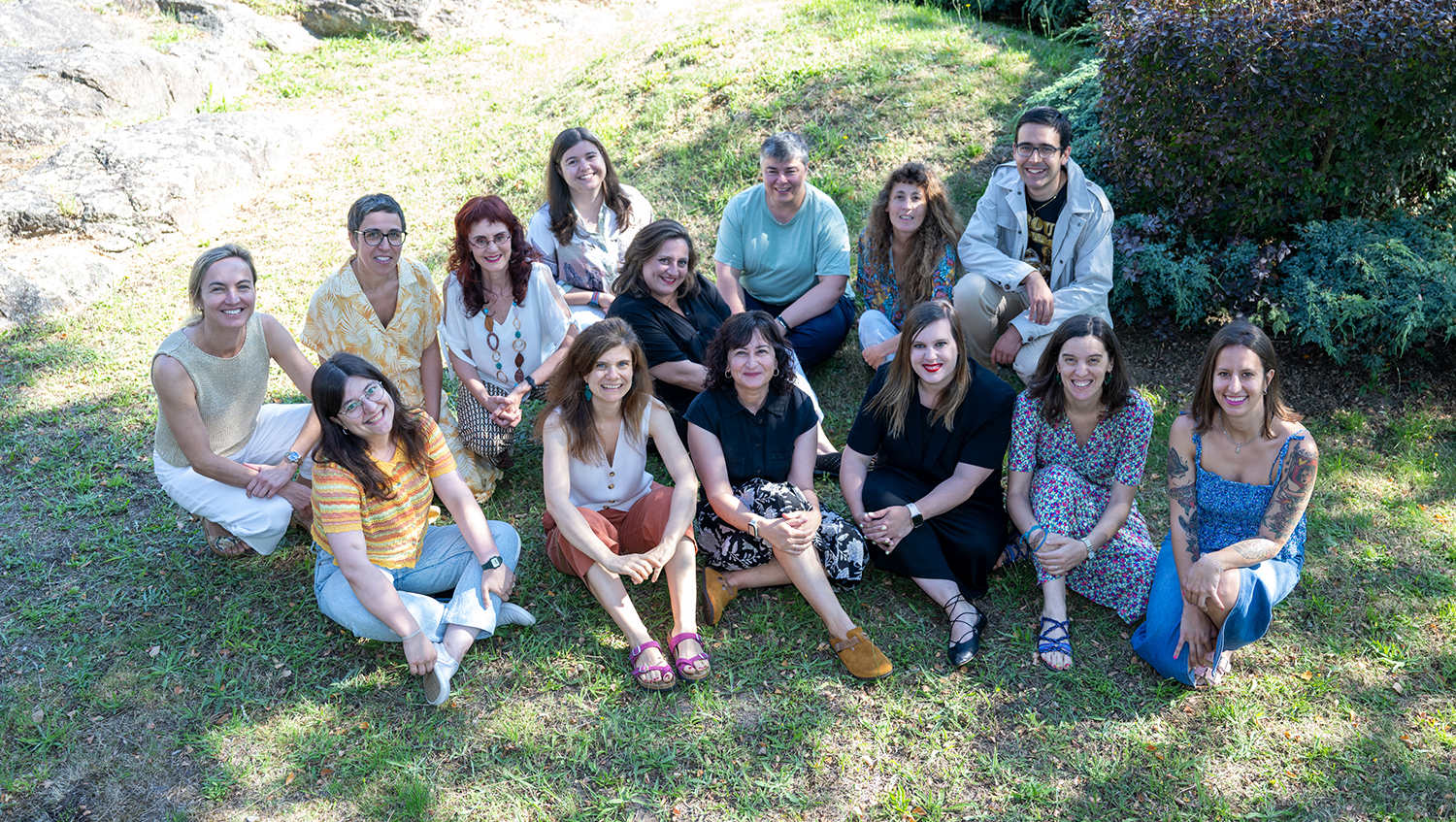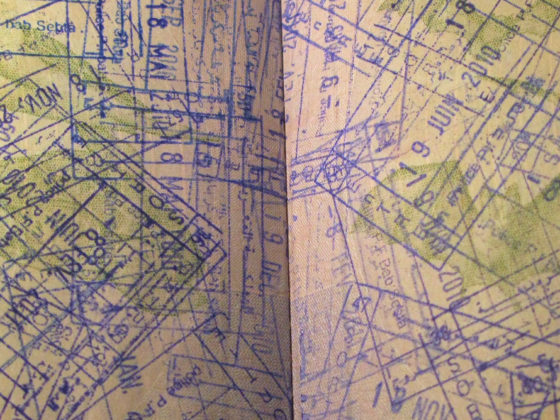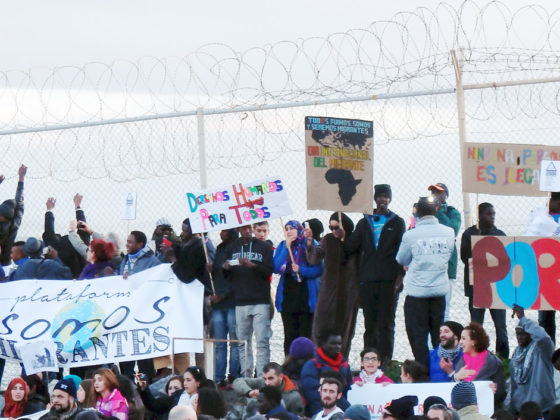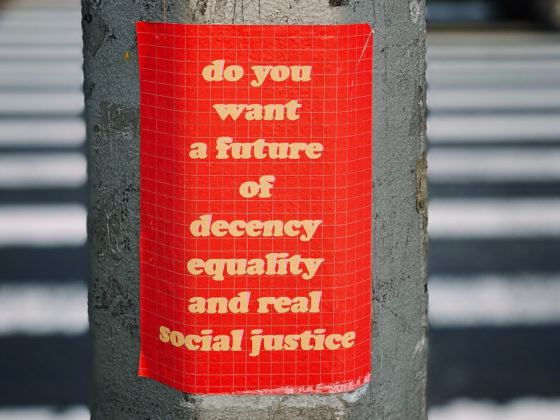
Societies in Motion Research Team, ESOMI, brings together researchers from different social science disciplines such as sociology, anthropology, demography, political science, communication and history. All members are committed to the scientific analysis of social mobilities, both in terms of human displacement and changes in social structure positions. Thus, ESOMI’s speciality is the study of social inequalities from an intersectional approach.
Read more
Societies in Motion Research Team, ESOMI, brings together researchers from different social science disciplines such as sociology, anthropology, demography, political science, communication and history. All members are committed to the scientific analysis of social mobilities, both in terms of human displacement and changes in social structure positions. Thus, ESOMI’s speciality is the study of social inequalities from an intersectional approach.
Due to the historical origin of the group, a large part of the researchers are experts in the field of international migration and its social dynamics. ESOMI was created in 2004 under the leadership of Antonio Izquierdo Escribano, Emeritus Professor of Sociology, with a team of people committed to characterising the configuration of the Spanish context as an immigration-receiving country. In 2011 it was coordinated by Laura Oso, Professor of Sociology specialising in the study of gender and migration, transnational families and the migration-development nexus. From 2020 onwards, the group has been expanding its research topics and opening up to analyse issues centred on social mobility from an interdisciplinary perspective. Since 2024, the team has been coordinated by Raquel Martínez Buján, Associate Professor, an analyst of the labour dynamics of migrant women and a specialist in the field of care provision and the inequalities involved in its distribution.
ESOMI is based at the Faculty of Sociology of the University of A Coruña and, since 2006, is part of the programme “Consolidation and Structuring of Competitive Research Units” of the Xunta de Galicia. It is a research group with high scientific impact that maintains high levels of academic excellence through leadership in competitive projects and participation in prestigious international networks such as the International Migration Research Network (IMISCOE), among others. In fact, the State Research Agency has rated it in its triennial assessment with a score of 95 out of 100.
It also has a strong commitment to the transfer of results to civil society through its collaboration with national and international organisations that influence the development of public policies, as well as in its daily appearance in the media. In addition, it promotes the inclusion of participatory research methodologies oriented towards open and citizen science and encourages academic training through the promotion of the Official Master’s Degree in Social Policies and Community Intervention (MOPS), which is based at the Faculty of Sociology of the University of A Coruña.
















... Ver másVer menos
Comenta en Facebook
... Ver másVer menos
Comenta en Facebook
... Ver másVer menos
Comenta en Facebook